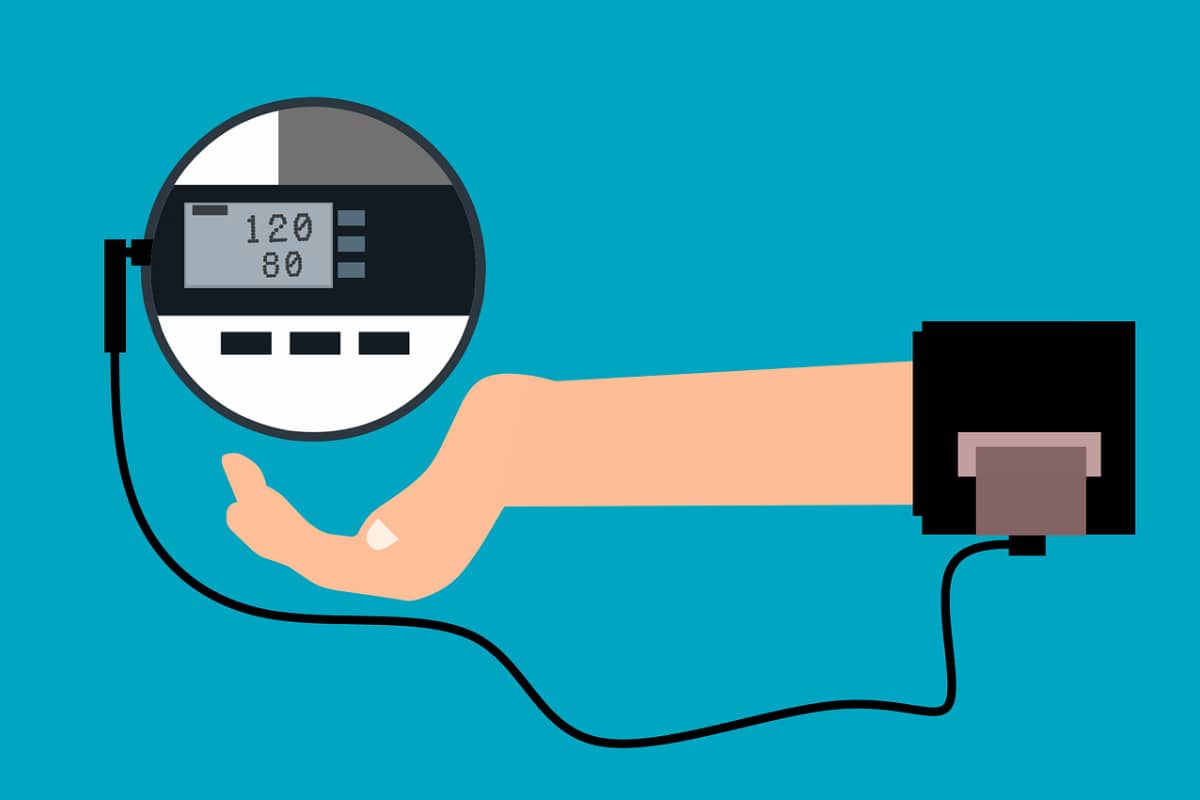Worldwide, more than 1.2 billion people now have high blood pressure. But only a fraction know it and are treated for it.
Scientists in come to this rather worrying conclusion a new, large-scale study. The research team analyzed blood pressure readings from more than 100 million people over three decades in 184 different countries. “Despite medical advances in recent decades, high blood pressure has slipped between our fingers,” said study researcher Majid Ezzati. “A vast majority of people with the condition go untreated.”
Increase
According to the researchers, high blood pressure is a growing problem. In the past thirty years, the number of adults (aged between 30 – 79 years) with high blood pressure has doubled worldwide. In 1990, for example, an estimated 331 million women and 317 million men had high blood pressure. But in 2019, as many as 626 million women and 652 million men suffered from the condition. The largest increase is found in low and middle-income countries.
untreated
Despite being fairly easy to diagnose and relatively easy to treat with inexpensive drugs, many people appear to be unaware that they have high blood pressure. In 2019, nearly half of people (41 percent of women and 51 percent of men) were unaware of it. In addition, more than half of people with high blood pressure – or 720 million people – were not treated for it.
Causes
High blood pressure can be caused by several factors. Diet plays a role, for example: eating very salty foods and consuming few fruits and vegetables can lead to high blood pressure. Obesity, little exercise and some environmental factors such as air pollution also increase the risk of the condition. In addition, it is more common in people who are older. High blood pressure is also the main cause of cardiovascular disease, which in turn leads to strokes and heart attacks. According to the researchers, lowering blood pressure can reduce the number of heart attacks by 20 to 25 percent. The number of strokes can also be reduced by as much as 35 to 40 percent and heart failure by about 50 percent. Currently, high blood pressure still kills about 8.5 million people every year.
Still, the researchers note impressive improvements in some countries as well. For example, treatment and control has greatly improved in a number of middle-income countries such as Costa Rica, Kazakhstan, South Africa, Brazil, Turkey and Iran.
Improved
The research team states that an improved healthcare system has played an important role in this. “Our analysis has revealed advances in diagnosing and treating high blood pressure,” said Ezzati. “And not only in high-income countries, but also in middle-income countries. These successes demonstrate that preventing high blood pressure and improving diagnosis, treatment and control is achievable if national governments commit to addressing the problem.”
Little changed
Unfortunately, there are also countries where little has changed. For example, many people in Sub-Saharan Africa and Oceania still suffer from high blood pressure. The figures also remain high in Central European countries such as Paraguay, Hungary, Poland and Croatia. For example, in 2019 more than half of women in Paraguay and Tuvalu had high blood pressure and more than half of men in Argentina, Paraguay, Tajikistan and several countries in Central and Eastern Europe (think Hungary, Poland, Lithuania , Romania, Belarus and Croatia). But also in Nepal and Indonesia many people with high blood pressure remain untreated. “The low detection and treatment rate in the world’s poorest countries, combined with the rising number of people with high blood pressure, means that we will see more cases of vascular and renal disease, particularly in Sub-Saharan Africa, Oceania and South Asia. going to see,” warns researcher Leanne Riley. “The detection and treatment of the disease should be improved in these countries.”
Strategies
Scientists therefore argue that new strategies are needed to improve diagnosis and treatment. And that can be done in a relatively simple way, namely “by giving people in the poorest countries access to healthier food,” argues Ezzati. “Fruits and vegetables must become more affordable and excessive salt intake must be prevented. We also need to have a stronger health care system that can identify people with high blood pressure earlier and provide greater access to treatments and medication.” In this way, the number of people suffering from high blood pressure could be significantly reduced.
The research should therefore serve as an important wake-up call, writes scientist Clara Chow in a linked comment. According to her, it is important that the problem is addressed. “Cardiovascular disease could be a significant burden of disease in the coming years,” she says, “especially if we continue at the current pace.”
–


